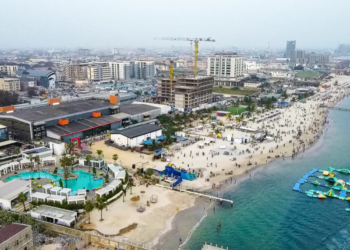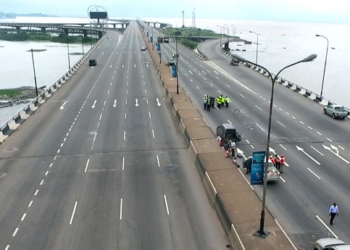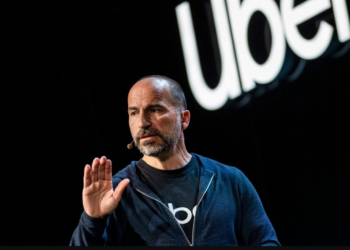Cars were parked across the other side of Awolowo Road, a major commercial highway in the high brow neighborhood of South West Ikoyi in Lagos, Nigeria’s commercial capital. One of the most popular night clubs known for its Sunday night raves was open to its core customers. The fun is back in Lagos.
Restaurant and bar owners in Lagos are returning to business after almost 5 months’ closure following the economic lockdown that was imposed by the government as part of its efforts to contain the COVID-19 pandemic.
A survey of downtown Lekki, Victoria Island, and Lekki indicates some have opened fully to customers who have been starved of night life fun for weeks.
Whilst some have fully opened their doors to customers, others are busy remodeling their outfits and fumigating in line with health and safety requirements. In between, text and WhatsApp messages are also being sent to the loyal customers informing them that life is now back to normal. “You can now come and spend your money in return for good food, booze, and music,” the messages say.
Lagos has never had it this bad. Since, the COVID-19 induced lockdown, restaurants, hotels, and bars owners across the country have had to endure weeks and months of lost revenue. Workers’ salaries have been slashed severely, even as those who cannot survive have simply laid-off workers. For many, the lost revenue may never be recovered and all they can now look forward to is the future.
The 10 pm to 4 am curfew imposed by the Lagos State Government in June means restaurants and bars cannot operate beyond 10 pm in order to avoid the risk of being singled out by government authorities. However, the ease of restriction on movements is enough to encourage soft openings. The Lagos State Government also recently approved the limited reopening of schools and worship centers, albeit with stiff guidelines. For example, night vigils and other non-regular programmes remain prohibited until further notice.
Cost of reopening
As bars and restaurant operators embrace reopening, they will have to contend with harsh realities. Firstly, they will immediately realise that the coronavirus has brought about a new line of expenses. Hand sanitizers and facemask will be imperative for customers. They may have to make this available, especially for recalcitrant customers. The government also imposed a ‘No face mask, no entry’ policy for public gatherings.
Health and safety officials will also perform routine and unannounced visits to ensure that compliance levels are as expected. Social distancing rules suggest seating positions will be changed to accommodate compliance. Bathrooms and wash areas will have to be maintained more frequently than previously required and water will have to run 24/7.
Apart from COVID-19, costs repairs and maintenance work ahead of reopening and during reopening will gulp significant sums of money. Nigeria has adjusted its official exchange rate twice since the pandemic and this will directly impact inventory cost. Supply chain issues could persist as the world gradually reopens and goods shipped at ease and cleared at ports. No one knows how stringent custom inspections could be this time around.
Adjusting to a new and uncertain world won’t be easy and most operators will quickly realise that it’s tougher than envisaged. Only the strongest will survive.
Nevertheless, Lagos is better off having restaurants and bars reopened than shutting down. COVID-19 risks still persist but falling numbers provide a reason for easing movements. People can get back to their jobs and start rebuilding their lives again. Most restaurant workers rely on their salaries and tips to pay for their school fees or fend for their families.
The government also wants the economy back to life again if it wants a V-shaped economic recovery. The upsides are many and perhaps far outweigh the downsides considering the recent levels of COVID-19 cases. It’s a win-win for all.























